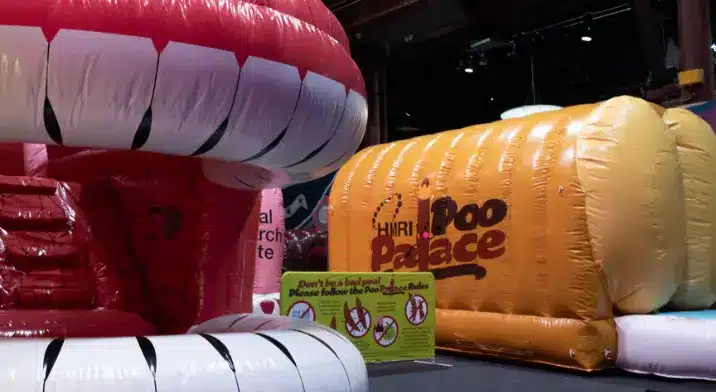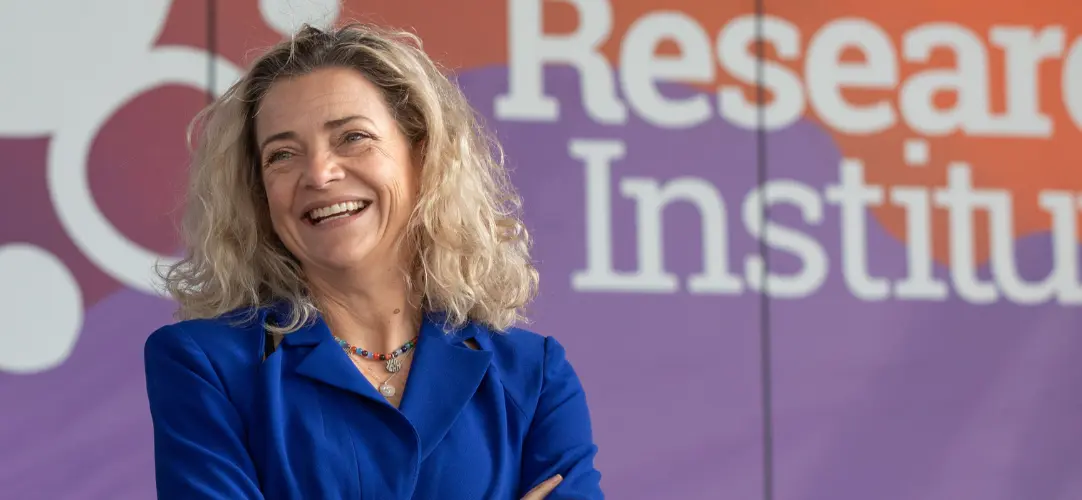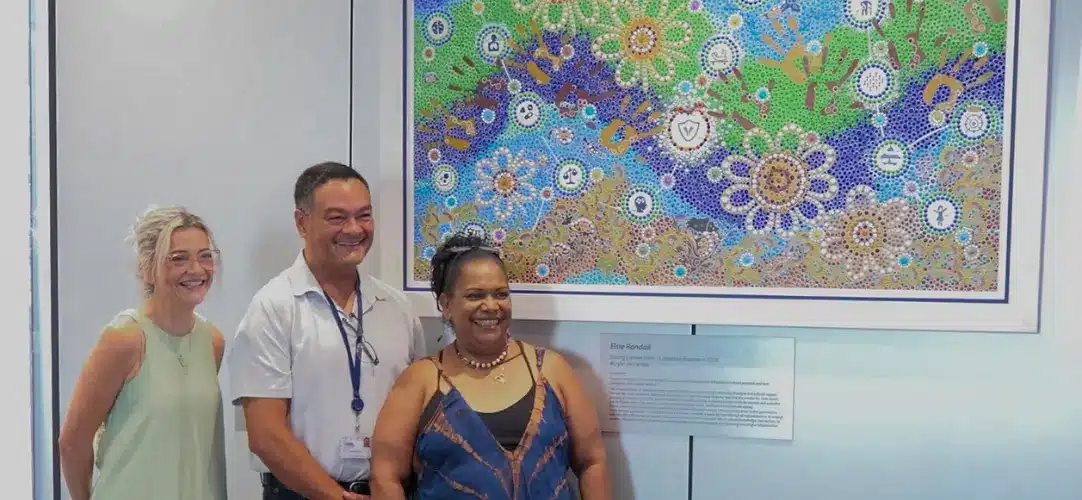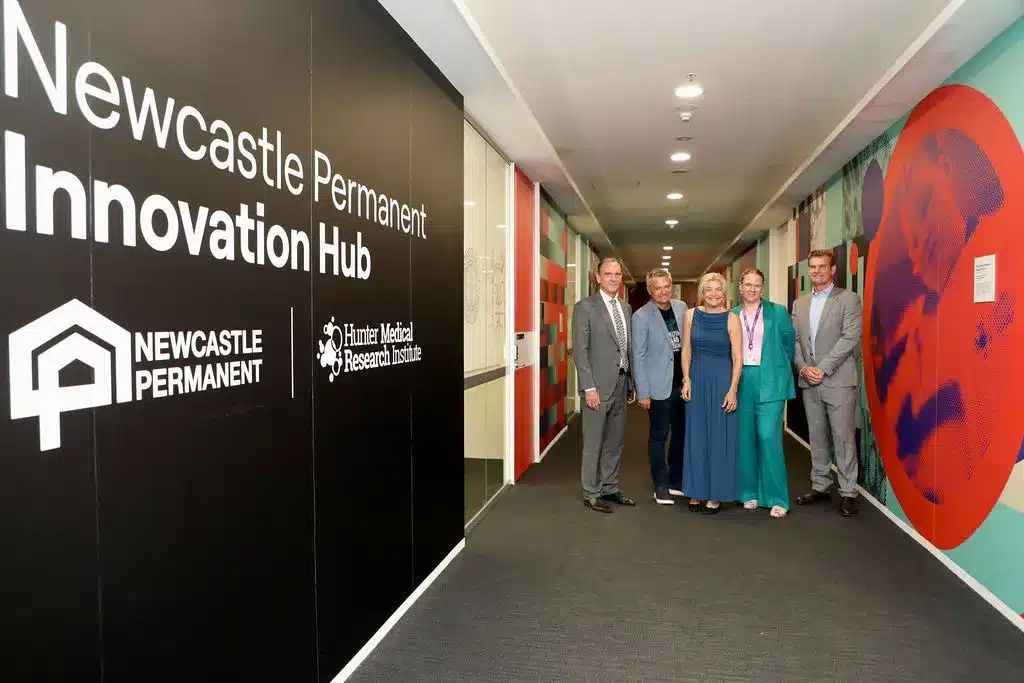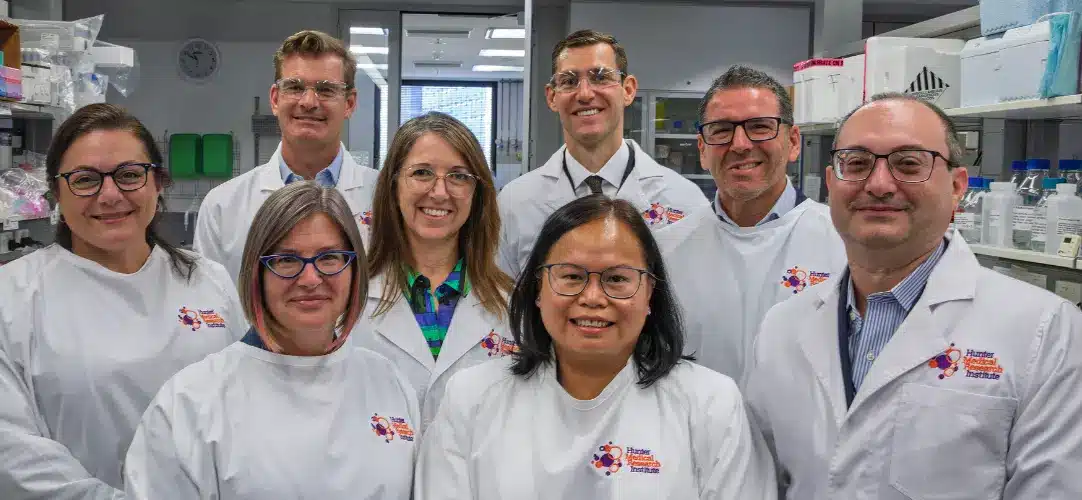Associate Professor Katherine Baines is a Research Fellow in Transplant Immunology in the School of Biomedical Sciences and Pharmacy at the University of Newcastle. She is also Deputy Director and Transplant Theme Leader of the Immune Health Research Program, Hunter Medical Research Institute. Associate Professor Baines leads the Hunter Transplant Research Foundation (HTRF) Scientific Committee.
She is a molecular biology and immunology research leader with extensive experience conducting laboratory-based research in clinical studies and samples collected from people with a range of immune-related conditions.
Her research focuses on the in-depth cellular and molecular characterisation of immune dysfunction in diseases of the lung, kidney, and immune responses in organ transplants. She uses state-of-the-art omics technologies to better understand immunophenotypes of disease and identify novel molecular diagnostic tools that will drive a precision medicine approach, supporting clinicians in tailoring their approach to treatment in the individual patient.
She has a special interest in understanding more about the balance between infection and rejection in immunocompromised kidney transplant recipients and creating tools for clinicians to help individualise immunosuppressive treatment regimens.


